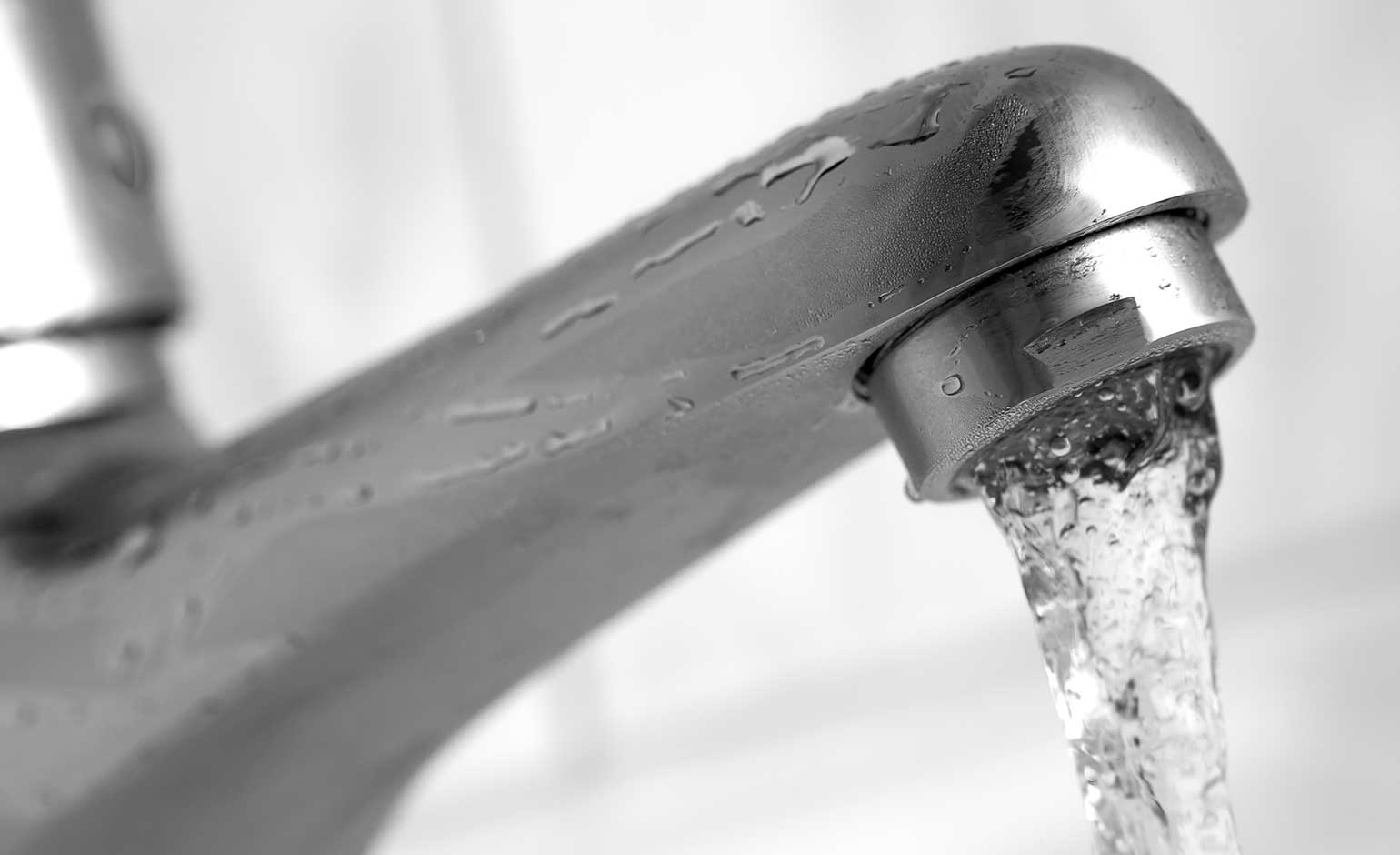Bath-based Wessex Water has offered simple steps to save water which could help residents reduce their bills this winter.

The cost-of-living crisis has led to many people looking for new and easy ways to save money around the home, and using less water is an effective way for customers with a meter to directly drive down their monthly outgoings.
Heating water makes up a large portion of the average energy bill, so even unmetered Wessex Water customers could make big savings by making small changes to their everyday habits.
The company has issued winter water-saving tips aimed at households of four people.
Advice includes:
- Shorter showers: Spending one minute less in the shower could save £150.
- Washing machines: Cutting out two cycles per week to save £50.
- Fixing leaky loos: This could result in a massive £400 annual saving.
To check if your toilet is leaking, Wessex Water advises drying the back of the pan and leaving a dry piece of loo roll on it overnight – if it’s wet in the morning you might have a leaky loo.
The company said its reservoir and groundwater levels are below average for the time of year, despite wet weather in recent weeks, and an environmental drought has been declared in the region.
Ashlea Lane, Wessex Water’s Director of Water Production, said: “Unlike some other companies, we haven’t imposed a hosepipe ban this year and we’re really grateful to our customers for using water responsibly.
“We do need everyone to keep that going, and simple changes like taking shorter showers and only using washing machines on full loads will not only save water but help reduce energy bills too.”
Wessex Water has already helped more than 50,000 customers who are struggling financially through a range of affordability schemes.
Support can be tailored to individuals and includes flexible payment plans, payment breaks and a discount for low-income pensioners.
Demand for water has been met thanks to Wessex Water’s £230 million investment in a water supply grid, while it is able to further protect the environment by ‘topping up’ rivers with water from underground sources.
The latest technology is also being used to help detect and repair leaks. Around 1,200 leaks are fixed every month, often on the same day they’re reported.



